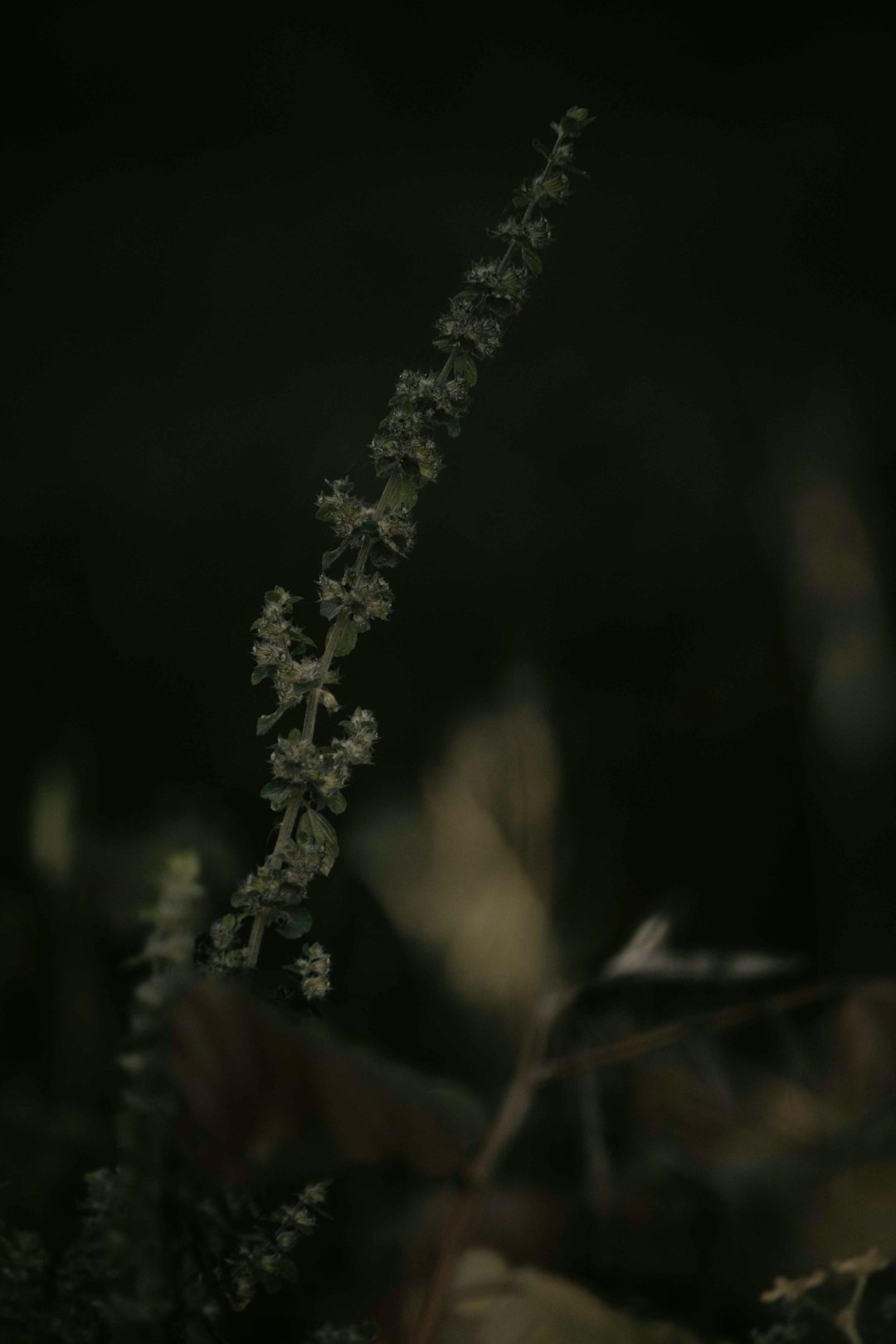Defending Your Garden from Chipmunks and Squirrels

Having a beautiful garden is a dream for many, but the presence of chipmunks and squirrels can quickly turn that dream into a nightmare. These furry little creatures may seem cute at first glance, but they can cause significant damage to your plants and flowers. In this article, we'll explore effective ways to keep chipmunks out of your garden and prevent them (along with squirrels) from feasting on your precious greenery.
First and foremost, it's important to understand why chipmunks and squirrels are attracted to your garden in the first place. These pests are drawn to gardens because of the abundance of food sources, such as nuts, seeds, fruits, and tender plant shoots. They also seek shelter in the garden, using it as a safe place to build their nests and raise their young. By eliminating these attractions, you can make your garden less appealing to them.
One of the most straightforward methods to deter chipmunks and squirrels is to remove any potential food sources. Keep your garden clean by regularly picking up fallen nuts, fruits, and seeds. If you have bird feeders, make sure they are designed in a way that prevents chipmunks and squirrels from accessing the food. You can also use squirrel-proof bird feeders that have mechanisms to keep these pests at bay.
Another effective strategy is to create physical barriers around your plants. You can use wire mesh or chicken wire to create a fence around your garden beds. Make sure the fence is buried at least a few inches into the ground to prevent chipmunks from burrowing under it. Additionally, you can place netting over your plants to protect them from squirrels that may try to climb and eat the leaves or fruits.
Using natural repellents can also be a great way to keep these pests away. Some plants, such as mint, garlic, and onions, have strong scents that chipmunks and squirrels dislike. Planting these around your garden can act as a natural deterrent. You can also make a homemade spray by mixing water with garlic or hot pepper and spraying it on your plants. The strong smell and taste will discourage the pests from approaching.
Trapping can be an option if the problem is severe. There are humane traps available that allow you to catch the chipmunks and squirrels without harming them. Once caught, you can release them in a suitable location away from your garden. However, it's important to check your local laws and regulations regarding trapping and relocating wildlife.
Maintaining a well - groomed garden can also play a role in pest prevention. Trim overgrown bushes and shrubs regularly, as these can provide hiding places for chipmunks and squirrels. Keep the grass short and remove any piles of debris where they could build their nests.
In some cases, you may want to consider using commercial pest control products. There are various sprays, granules, and baits available in the market that are specifically designed to repel or eliminate chipmunks and squirrels. However, be cautious when using these products, as they may also have an impact on other beneficial insects and wildlife in your garden.
Finally, it's important to be persistent in your efforts. Keeping chipmunks and squirrels out of your garden is an ongoing battle. Regularly monitor your garden for signs of pest activity and take immediate action if you notice any damage or the presence of these pests. By implementing a combination of these strategies, you can protect your garden and enjoy the beauty of your plants and flowers without the interference of chipmunks and squirrels.